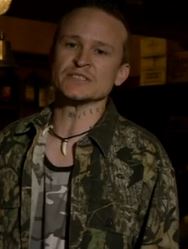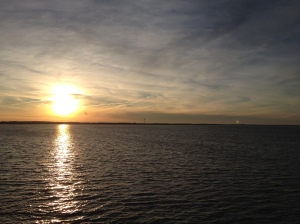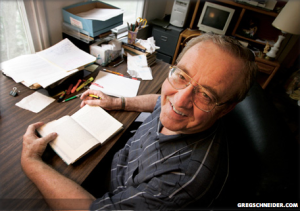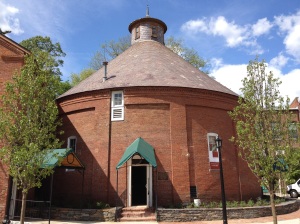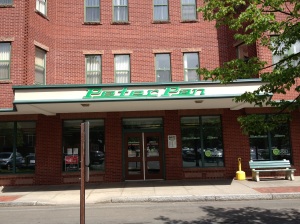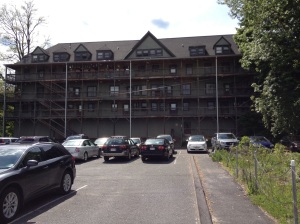I was visiting my parents in Somers Point the other day when the news broke that Trump Plaza would send out notices informing its 1,100+ employees that unless someone buys the property by mid-September, the casino will close and they will be without jobs. This makes Trump Plaza the fourth casino, including Showboat, The Revel and the Atlantic Club — which shut down in January — to announce plans to close. All told, Atlantic City is looking at losing approximately 7,000 jobs in about a nine-month period. That’s about 20% of the casino job market. There’s still the possibility that someone may purchase some or all of the properties, but even if they do, there is no guarantee that the new owners will keep all of the employees or even operate the properties as casinos.
As I was driving home to Massachusetts, I spent a lot of time thinking about the impact these job losses will have to the region. There’s the obvious economic impact, of course, but more unsettling to me is the human impact. My sister-in-law shared that her neighbor across the street is a plumber at Showboat and has been for some time. While he is fortunate to have a skill in a trade, not everyone will be so lucky. And just because he has a skill, that doesn’t mean work will be readily available or that stress and anxiety will be lessened. These layoffs will be disruptive to the local economy, to families and to neighbors. So that got me thinking: What is the opportunity for the local churches?
Light in a Time of Darkness
A lot of the discussion about the lost jobs will be in the context of economic impact in the region, as it should because the effect will be significant. But we must remember that in the midst of the numbers of jobs lost and negative economic data are lives of real people with families and real needs. Could this be a significant opportunity for the local churches in the area to step up and meet a need that corporate Human Resources departments and local government simply cannot meet? Some questions for local churches to ponder are:
- Can we be a resource for people experiencing increased stress and anxiety and fear due to impending job loss? If so, how? What does it look like?
- Can we be a resource to the corporate Human Resources department? HR folks will be overwhelmed dealing with the practicalities of managing large layoffs. Employees will be looking to HR for information about severance, health care costs, etc. For those folks needing help with emotional and relational impacts of job loss, there will be some employee assistance program support, but a lot of times that work is outsourced by the company to a third-party EAP provider who sometimes isn’t even local. But what if a church stepped up to fill the gap? What if congregation members were equipped to meet these needs? How can HR folks find out out about this help?
- Are we equipping the members of our church to meet the needs of neighbors and family members impacted by the casino closings? What does that look like? How will they witness in these challenging circumstances?
- Are we prepared to meet physical needs? Do we know the resources available in the region so that when people have physical needs we can guide and direct them to get those needs met?
- How are we using the resources we have to meet the needs of those who need them most? Is the church van spending most of the week parked in the church parking lot? Are we utilizing our space effectively throughout the week?
The reality is that the South Jersey economy hasn’t been great for a while. Casino revenue peaked in 2006 and has been trending downward ever since. I know through conversations with folks in the area that people using local food pantries has increased. So it looks like things will get harder before they get better.
But when things get harder, that’s often when God’s presence is felt most. I’m reminded of when the Israelites wandered the desert for forty years. During that time, God’s presence was always with them — a cloud during the day, a light at night — and he met their physical needs by feeding them with food out of nowhere.
I see this impending hardship for South Jersey as another opportunity for God’s presence to be felt in a significant way if the Church is willing to be the vehicle through which God’s presence is felt. I doubt it will be easy and I’m sure churches will have to put some conventional wisdom aside. But I also think this is an opportunity for the Church to engage and transform communities in a profound way.
I hope so, anyway.



